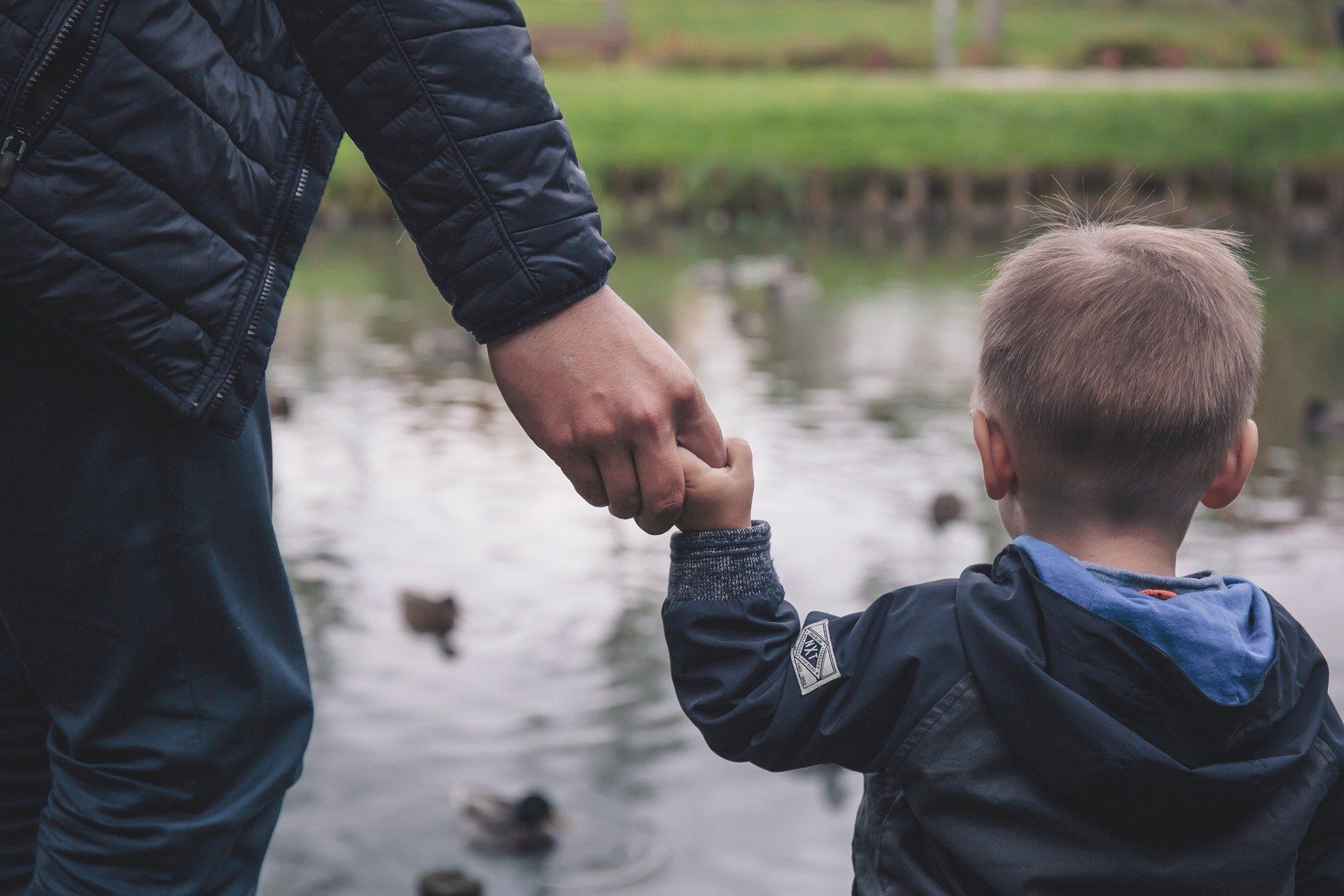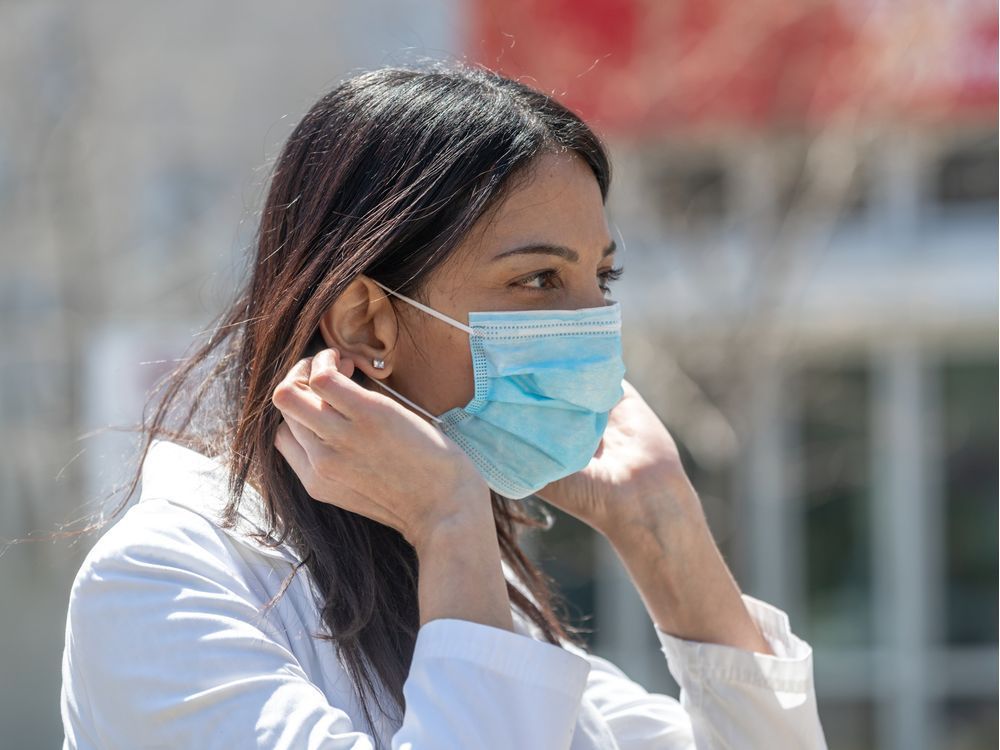“eat dirt!” is a phrase i remember well. it was in the
title of an article published by harvard university environmental health professor, dr. scott t. weiss, and it captured my attention while i was learning about an immunological concept known as the “
hygiene hypothesis.”the core of the idea is that we live in a microbial world: an environment full of bacteria, parasites, viruses and fungi. and that our interactions with these microbes after birth are extremely important to educate our immune systems to function properly. when we are born, our immune systems are still maturing.i like the way researchers led by microbiologist sally f. bloomfield expressed it in
their study:the immune system has many potent mechanisms for killing pathogens. it
needs to be carefully regulated to ensure it can eliminate dangerous microbes from the body without causing excessive harm to our own tissues. the interactions we have with our environment early in life are essential for our immune systems to learn to differentiate between safe and dangerous disease-causing microbes.our bodies are covered inside and out with micro-organisms that, under normal circumstances, happily co-habitate with us and promote a healthy immune system. if infants, toddlers and young children are not sufficiently exposed to the microbial world around them, their ability to properly
regulate their own immune systems can be compromised.to return to the computer analogy, the data that gets uploaded into the software are incomplete. this lack of data can cause the immune system to struggle to differentiate between what is truly dangerous and should be eliminated, and what is not dangerous and should not be responded to. in plain terms, this scenario can
promote allergies,
asthma and
autoimmune diseases.
concrete junglesscientists are moving away from using the term “hygiene hypothesis” because it could be misinterpreted as meaning that hygiene is not good for a developing immune system. this is not true, nor should anybody advocate for actually eating dirt to gain exposure to microbes. moderation and targeted hygiene would be best.specifically, we need to practise proper hygiene in the context of trying to prevent infectious diseases, but still allow our immune systems to interact with safe and essential microbes. many middle-income countries have seen an
epidemic of allergic diseases over the past several decades. this is, in part, due to increased
urbanization which is akin to living in “concrete jungles” with reduced exposure to the natural environment.societies have also adopted behaviours that
limit exposure to microbes. the overuse of
antibiotics exacerbates the problem by non-discriminately eliminating good microbes along with bad ones.bloomfield and her team of microbiology researchers came to some important conclusions in their study:now think about
government-led responses to
covid-19, which was
declared a pandemic by the world health organization on march 11, 2020. the lockdown and restriction policies that have been enacted to help prevent the spread of covid-19 contradict the recommendations to ensure proper immunological development in children.
data suggest that sars-cov-2 does not represent a greater danger to children than the
annual flu. yet
social interactions of children have been severely limited, including removing them from schools. most of their extracurricular activities have been cancelled and they have been discouraged from leaving their homes. even the air they breathe is often
filtered by masks and there is prevalent use of hand sanitizer.
compromised immunological developmentin short, most covid-19 policies have maximized the potential for children to develop dysregulated immune systems. as a viral immunologist, i was not overly concerned about this in the early stages of the pandemic when “temporary” measures were put in place to “
flatten the curve.”however, there is cause for concern one year later, after many places in canada and other countries have spent months in lockdowns or with very limited social contact and activities to prevent the spread of covid-19.the youngest among us have had their immunological development compromised for one year and growing. the more immature the immune system is, the more prone it will be to becoming dysregulated during the pandemic.for example, the problem would likely be more prevalent in infants than toddlers. although the
human immune system is largely mature by approximately age six, some important components are still developing into adolescence. as such, the only people who can be certain that current isolation policies will have no negative impact on their immune system’s ability to self-regulate are adults.an unfortunate and under-appreciated long-term legacy of this pandemic will likely be a cluster of “pandemic youth” that grow up to suffer higher-than-average rates of allergies, asthma and autoimmune diseases. this will hold true for children in all countries that enacted isolation policies.
interestingly, it has been noted that the new
messenger rna-based covid-19 vaccines that are packaged inside liposome nanoparticles
might be contraindicated for some individuals with a propensity towards severe allergic responses. ironically, we may be setting up many of our youth to develop hypersensitivities to this vaccine technology when they are older.raising children during the pandemic has largely occurred in isolated/sanitized environments that are unprecedented in extent and duration. these kids are at greater risk of developing hypersensitivities and autoimmune diseases than anyone before them. the immune systems of children are not designed to develop in isolation from the microbial world, so let’s consider letting children be children again.
byram w. bridle, associate professor of viral immunology, department of pathobiology, university of guelph.this article is republished from the conversation under a creative commons license. read the original article.
 4 minute read
4 minute read









